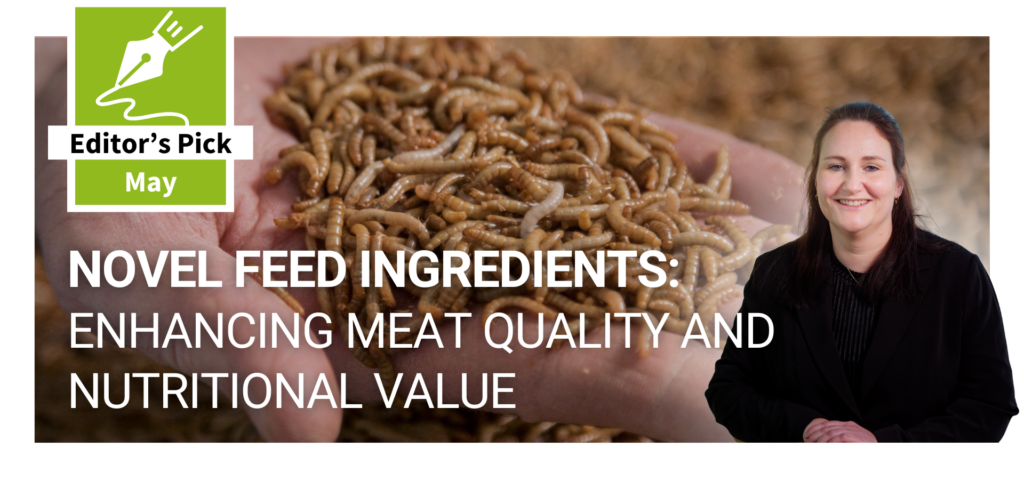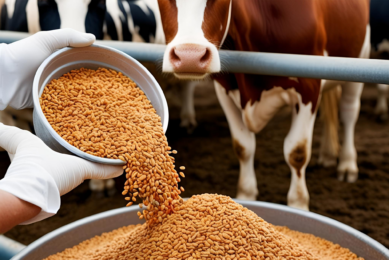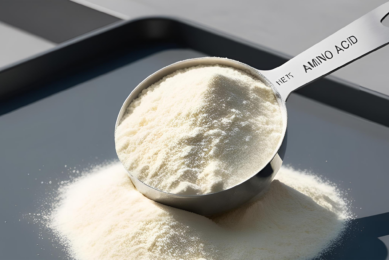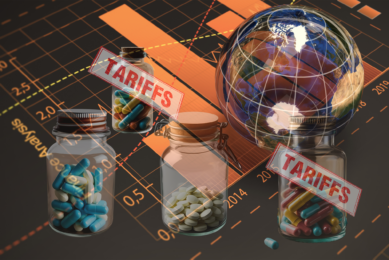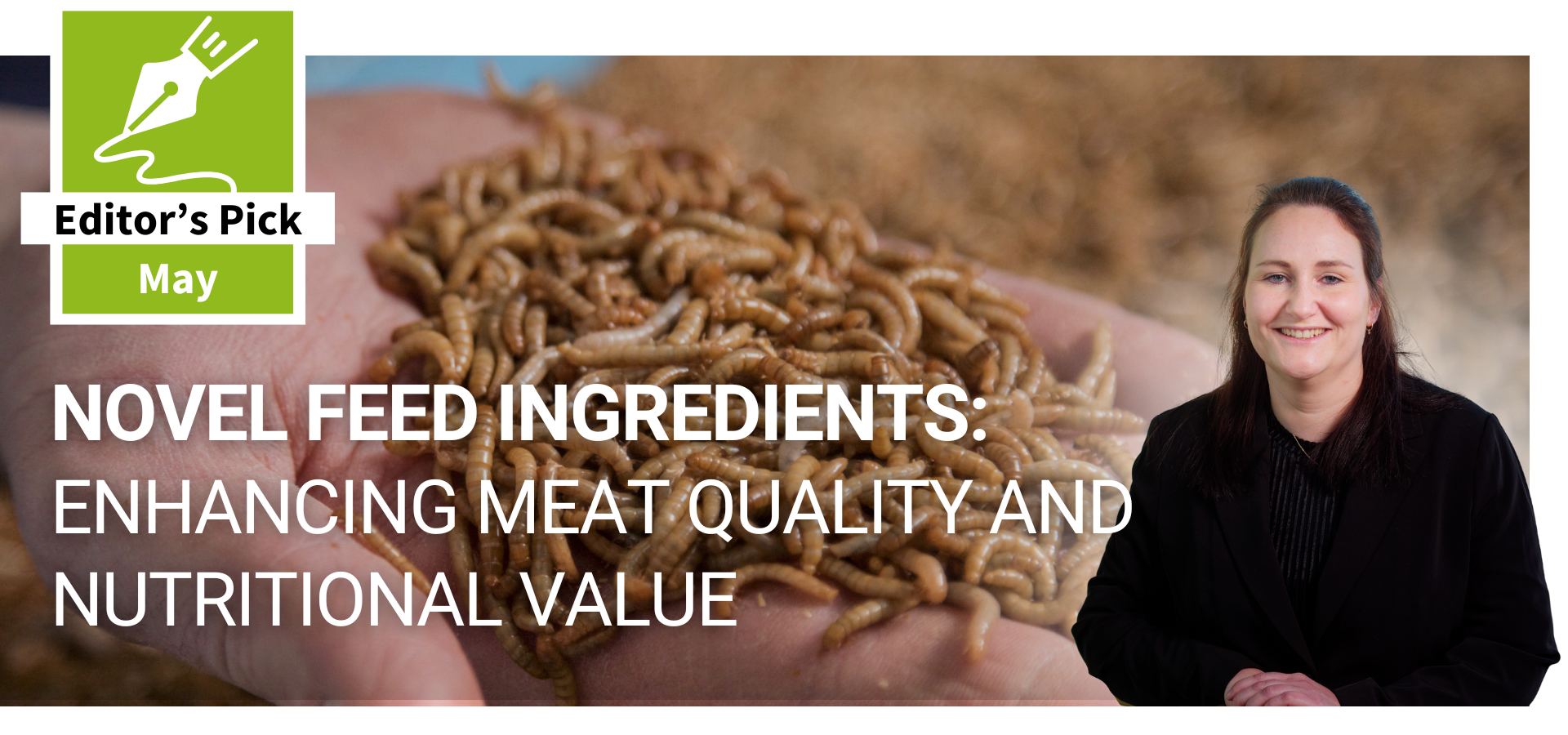FEFAC deeply concerned over EU tariffs on Chinese lysine
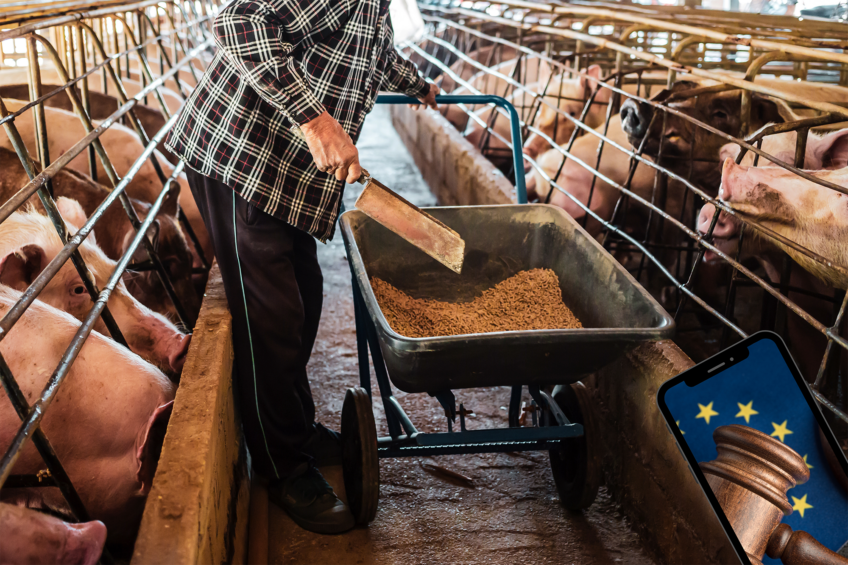
FEFAC, the European Compound Feed Manufacturers’ Federation, is deeply concerned about the high import tariffs the European Union has imposed on lysine from China, according to a statement of its president Pedro Cordero. ‘The decision may have serious consequences for the European feed and livestock sector,’ he says.
this measure may lead to significant adverse economic consequences for the EU feed and livestock sector.’’
Cordero ‘noted the European Commission’s decision to impose high anti-dumping import duties for lysine from China published on 14 January 2025.’ In his initial response to this unprecedented measure for critical feed additives, Cordero stated: “The EU premix and compound feed manufacturers expressed deep concern about the extremely high level of the provisional EU import tariffs for lysine. Currently, the EU depends on China for 60% of its lysine demand (total EU usage app 500,000 tons equivalent lysine hydrochloride). There are no sufficient alternative supplies from EU production or other Third countries which can replace imports from China. Therefore, this measure may lead to significant adverse economic consequences for the EU feed and livestock sector.’’
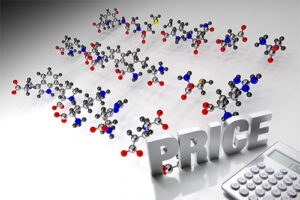
Call for compensation for EU livestock farmers
“FEFAC wants to alert the EU Commission that the provisional import duties may disrupt lysine imports and will have an inflating impact on quotations of lysine on the EU market creating market distortions with Third countries. FEFAC therefore calls on the EU Commission to provide effective and targeted financial compensation for EU livestock farmers, who will see their competitiveness further weakened, particularly for poultry and pig production.”
Essential amino acids and vitamins as “critical materials”
He underlined: “FEFAC in no way condones dumping practices distorting fair competition. FEFAC is also supportive of any targeted EC policy measures which could help strengthen the competitiveness of EU feed additive producers, which could reduce strategic dependence on China for critical feed additives. FEFAC therefore urges the EU to recognise essential amino acids and vitamins as “critical materials”. The EU must initiate a reflection on how to stimulate significant investments, via adaptation of current EU policies in order to increase production and diversification of the EU supply chain for critical feed additives.’’



